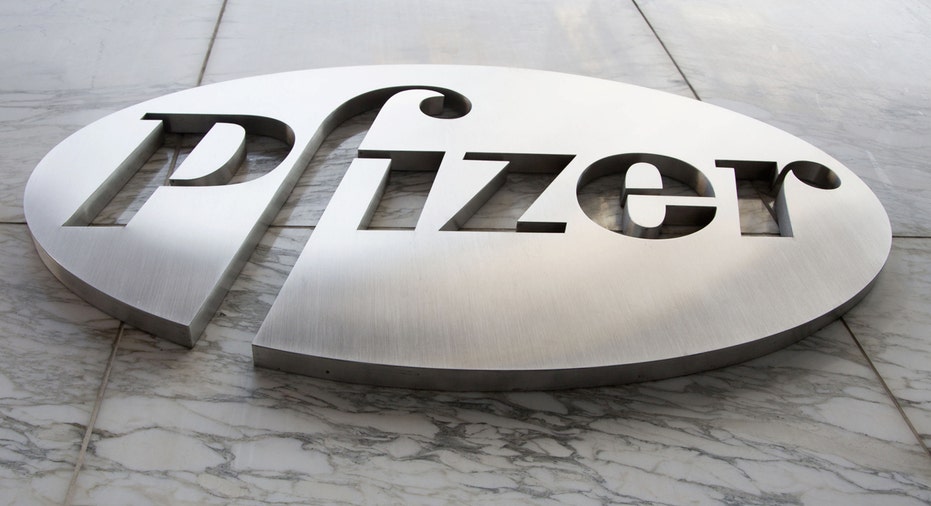2015 Is The Year Of The Deal

A slew of smaller takeovers announced Wednesday officially made 2015 the biggest year ever for mergers and acquisitions.
A series of 112 deals announced that day involving little-known companies like China's Zhejiang IDC Fluid Control and Shanghai STO Express Co., which agreed to combine, added up to $8.5 billion and pushed global M&A volume to $4.304 trillion, data provider Dealogic said Thursday. That pushed 2015 to date ahead of 2007's total, when the previous record of $4.296 trillion of mergers was struck.
At this pace, $4.7 trillion of mergers would be signed in 2015 -- not out of the question given that deal makers say a number of sizable transactions are in the works. To be sure, adjusted for inflation, 2007 would still hold the record with $4.9 trillion of deals.
Either way, this year will go down as one for the M&A annals as companies agree to merge at a breakneck pace, encouraged by increased boardroom confidence, cheap debt, pressure to become more efficient in a slow-growth economy and a desire to keep up with consolidating rivals.
Announced U.S. deal volume hit a record high in September and currently stands above $2 trillion for the first time ever. Health-care and technology-industry deal making long ago hit full-year records in 2015 -- and have vied with each other all year to be the No. 1 sector for M&A.
The largest health-care transaction -- and second-biggest deal on record -- was announced in November: Pfizer's roughly $160 billion merger with Allergan. The largest technology acquisition in history, Dell's $67 billion deal for EMC, also was struck this year, as was the biggest beverage deal, Anheuser-Busch InBev's $108 billion acquisition of SABMiller.
In all, buyers this year have agreed to nine transactions valued at $50 billion or more and 58 valued at $10 billion or more, which both would be records.
Some industry watchers point to idiosyncrasies of some of these deals to inject a note of caution, and warn that the current pace may not be sustainable.
Like a number of other health-care deals, Pfizer's combination with Dublin-based Allergan is driven largely by a desire to avoid taxes. With lawmakers in Washington seeking to crack down on the so-called inversions, many observers predict a drop off in these deals sooner or later.
And following years of consolidation in the beer-and-spirits industry, there is limited room for more big deal making following the AB InBev-SABMiller merger. The same goes for semiconductors, which have driven much of the boom in tech M&A.
There also isn't a guarantee all the deals that have been announced will close. Indeed, many target companies trade at a steep discount to their takeover prices, in a sign investors worry regulators might move to block them. And not everyone is participating: Private-equity firms, which played a key role in the last boom, are largely absent now, crowded out in many cases by corporate buyers.
Either way, the boom in M&A has been a boon to investment banks. They have raked in about $21 billion from advising on takeovers this year, according to Dealogic. That is down a bit from the year before and well below the 2007 peak. But even if 2015 ends up representing a top, fees may increase from there, as the lucrative payoffs banks get for advising on and financing deals are collected mainly when they close.
One of the biggest winners among them: Goldman Sachs, the top adviser on M&A this year. The bank has advised on roughly $1.6 trillion of deals, according to Dealogic. J.P. Morgan Chase is second at $1.5 trillion, with Morgan Stanley third at $1.4 trillion.



















